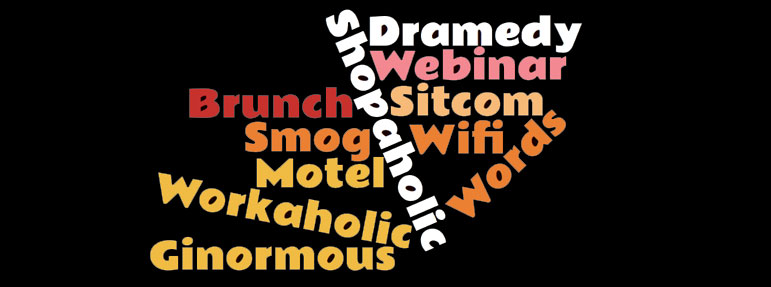“Brexit” where does it come from? Do not misunderstand me, I am talking about the word itself! It is THE word on everyone’s lips. Europe, no, forgive me, the entire world is talking about the “Brexit”. Search for it on Google and you will have 340 million results to choose from. Everybody knows what it means: it is the results of the latest British referendum, which took place on June 23rd. Britain (Br) is leaving (exit) the European Union. A fateful decision and a historical event!

So back to my question, where does the term “Brexit” come from? When and where did it first appear? It takes quite some tracking down, since it is not as simple as “Grexit,” the name for a possible Greek departure from the euro zone. Grexit, the word was coined by Willem Buiter and Ebrahim Rahbari, two economists from the Citigroup, who wrote this sentence in an article in February 2012. The first usage of “Brexit” can be dated to early summer 2012. Sorry, I cannot be more precise…
Words like Brexit and Grexit, created by the blending of two words, are called in linguistics portmanteau words.
One of the charms of the English language is the ease with which speakers and writers may exercise creativity and inventiveness. One of its most inventive components is the portmanteau word! This blended new word often has a humorous origin. Now be careful: portmanteau itself is a blended word originating from French “portemanteau “porter” to carry + “manteau” cloak.
Lewis Caroll first used the word “portmanteau” in 1871 in his book “Through the looking glass “. Alice asks Humpty Dumpty to explain words from the nonsense poem « Jabberwocky ». She is told that “ slithy “ is like a portmanteau; there are two meanings in the same word. So slithy is made up of slimy (in French: visqueux, gluant ou miellieux and lithe (in French: souple, agile). And for “mimsy” it is made up from flimsy (in French: léger, fragile) and miserable (in French: misérable)
Some portmanteau words invented by Lewis Caroll have in fact found a place in the language such as “chortle” from chuckle (in French: gloussement, petit rire) and snort (in French: grognement).
One last thing before providing you with a list of very common portmanteau words, portmanteau has another meaning, it is also a very large suitcase.
English uses other portmanteau words such as:
- Brunch from breakfast and lunch
- Dramedy from drama and comedy
- Edutainment from education and entertainment
- Ginormous from giant and enormous
- Infomercial from information and commercial
- Infotainment from information and entertainment
- Metrosexual from metropolitan and heterosexual
- Motel from motor and hotel
- Sitcom from situation and comedy
- Shopaholic from shop and alcoholic
- Smog from smoke and fog
- Webinar from web and seminar
- Wifi from wireless and fidelity
- Workaholic from work and alcoholic